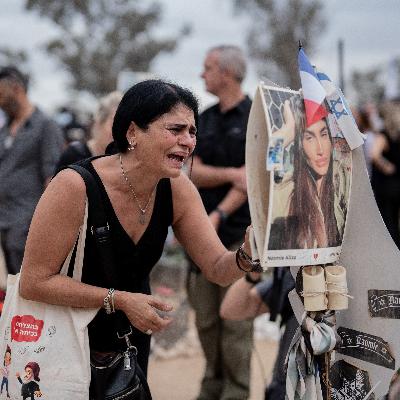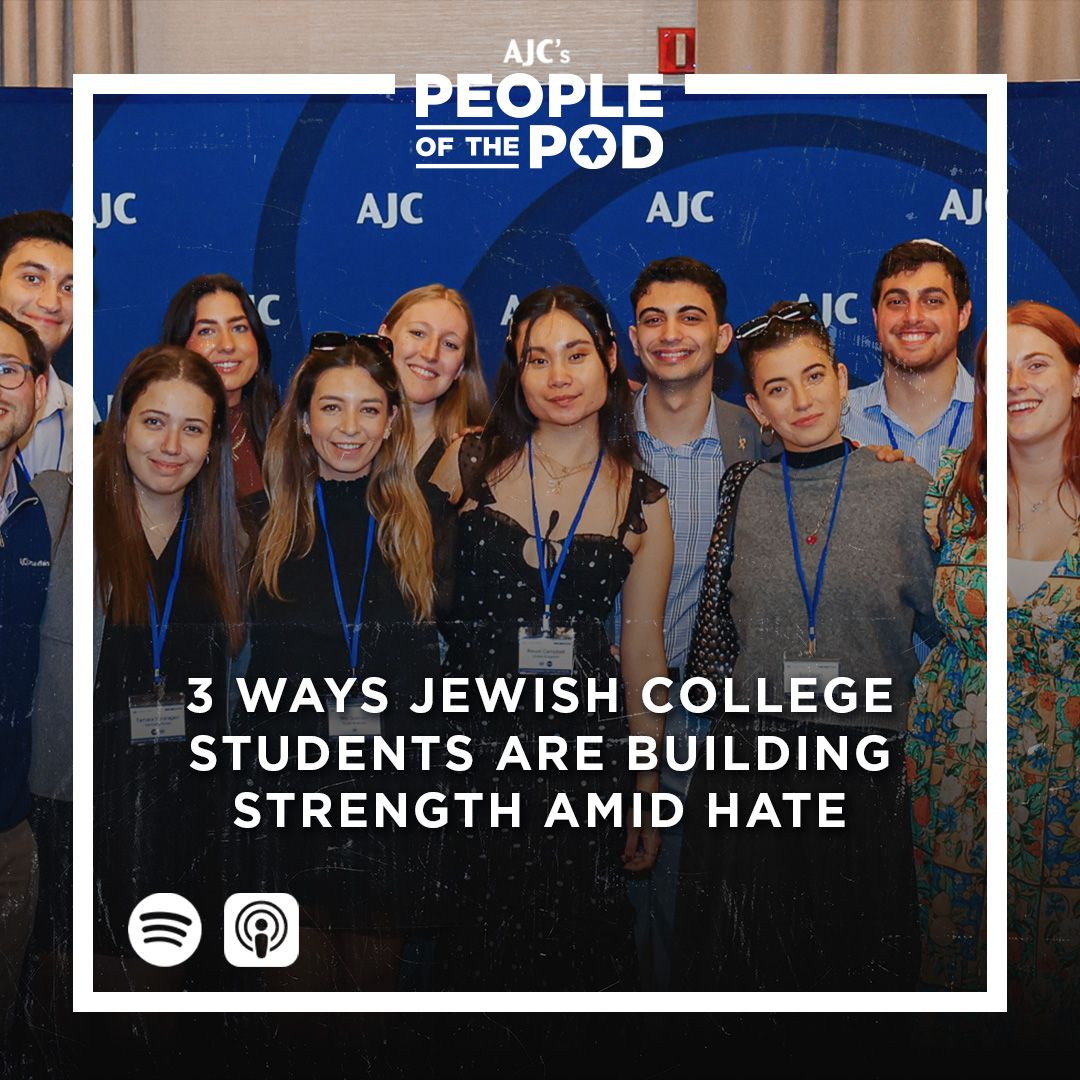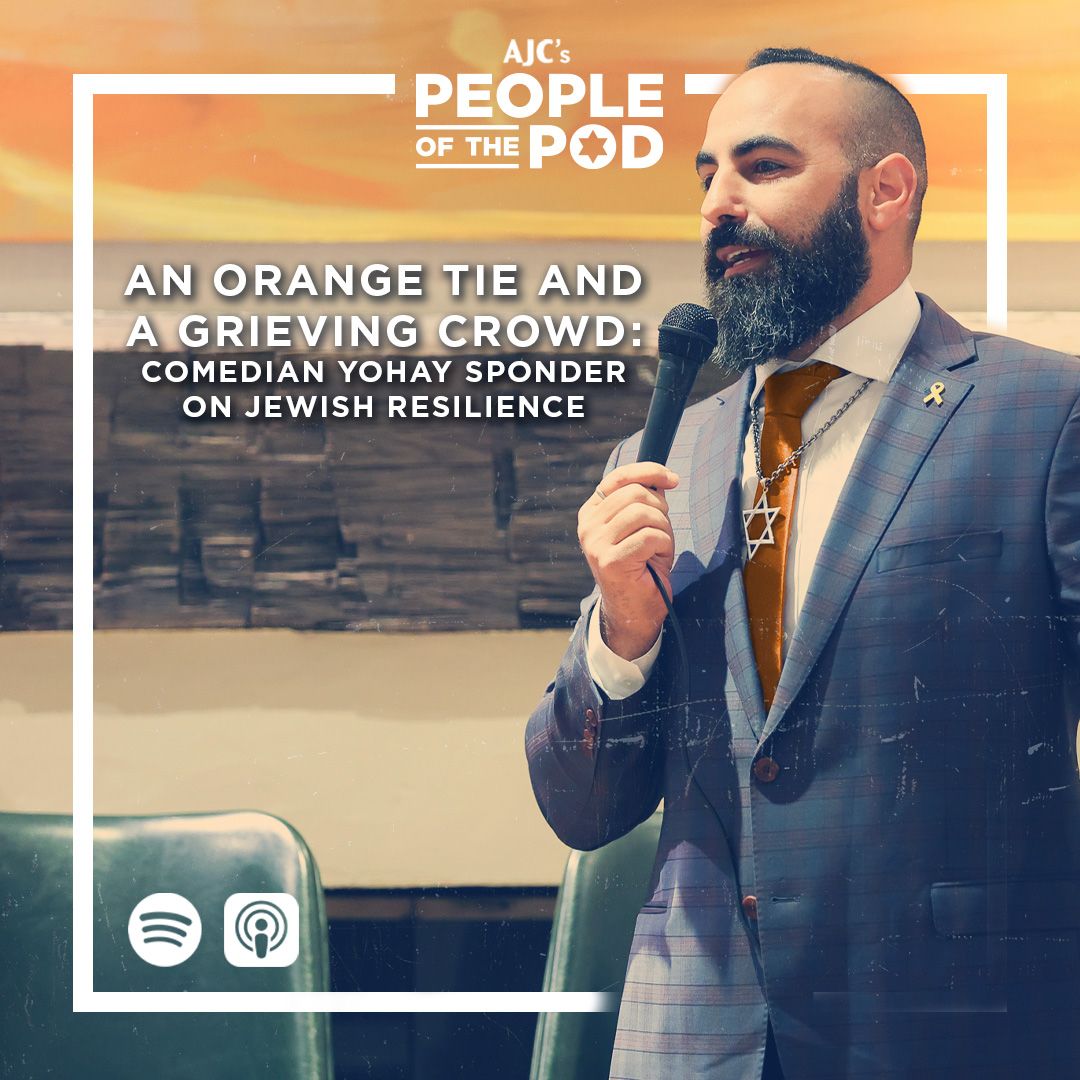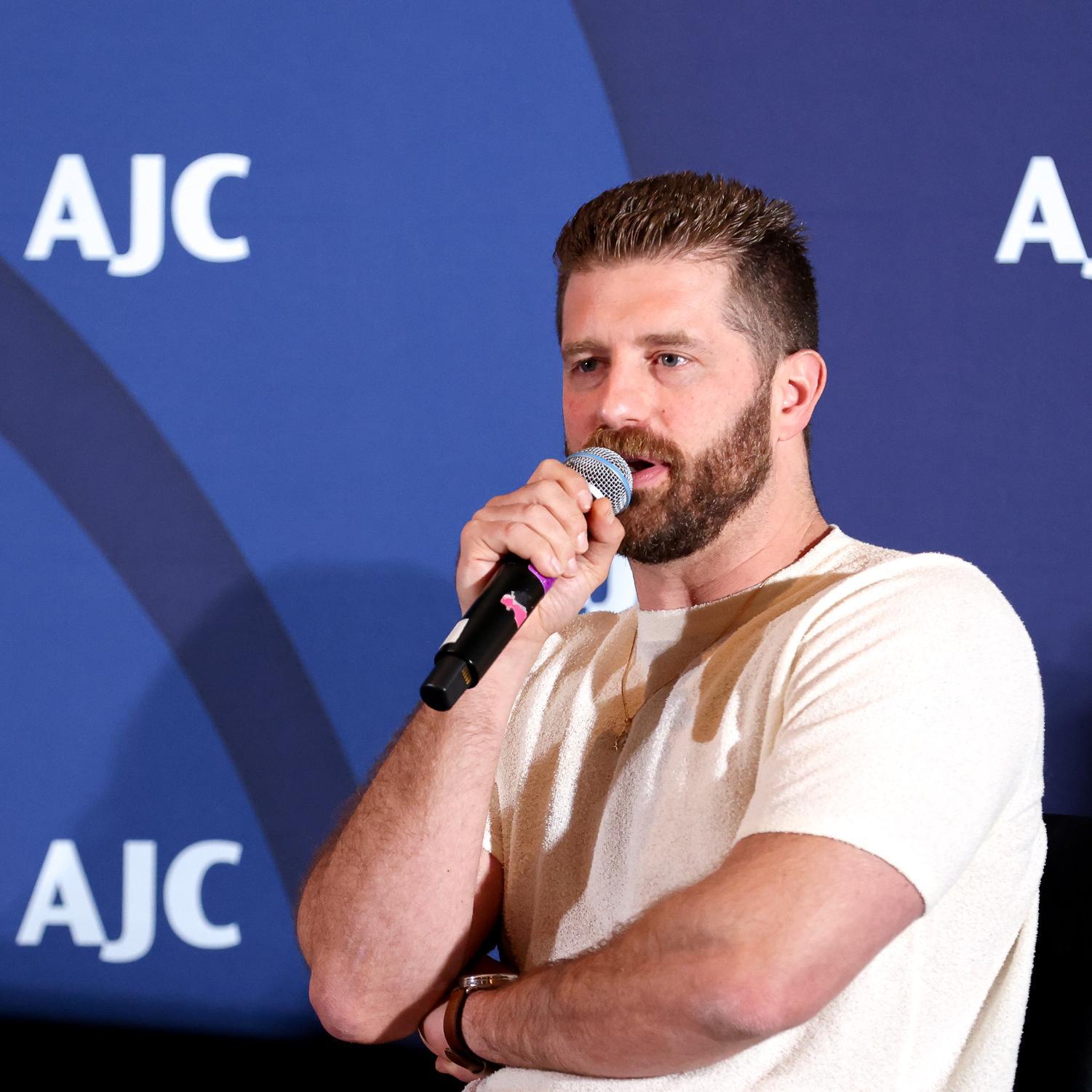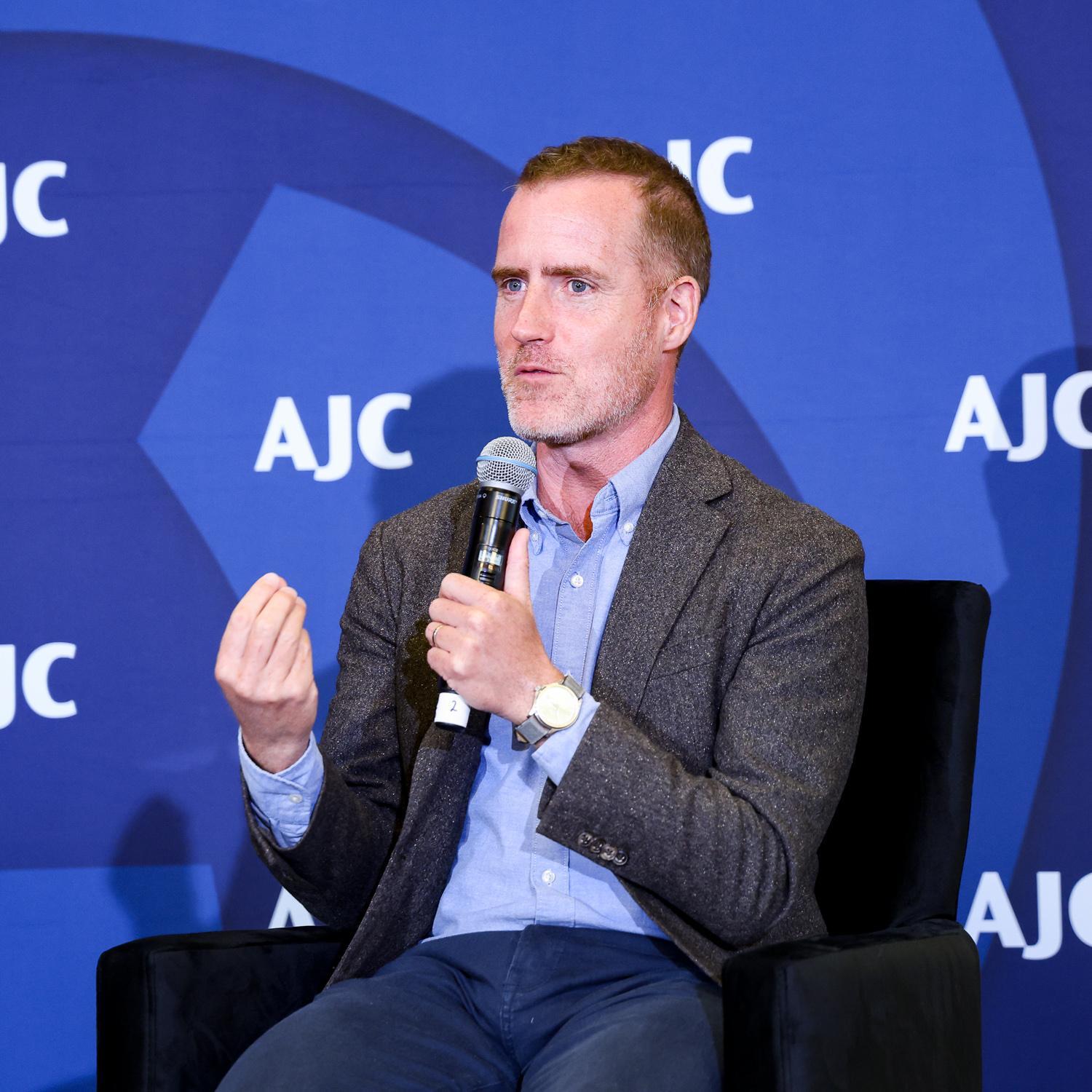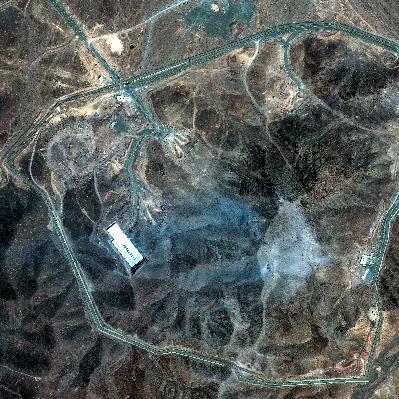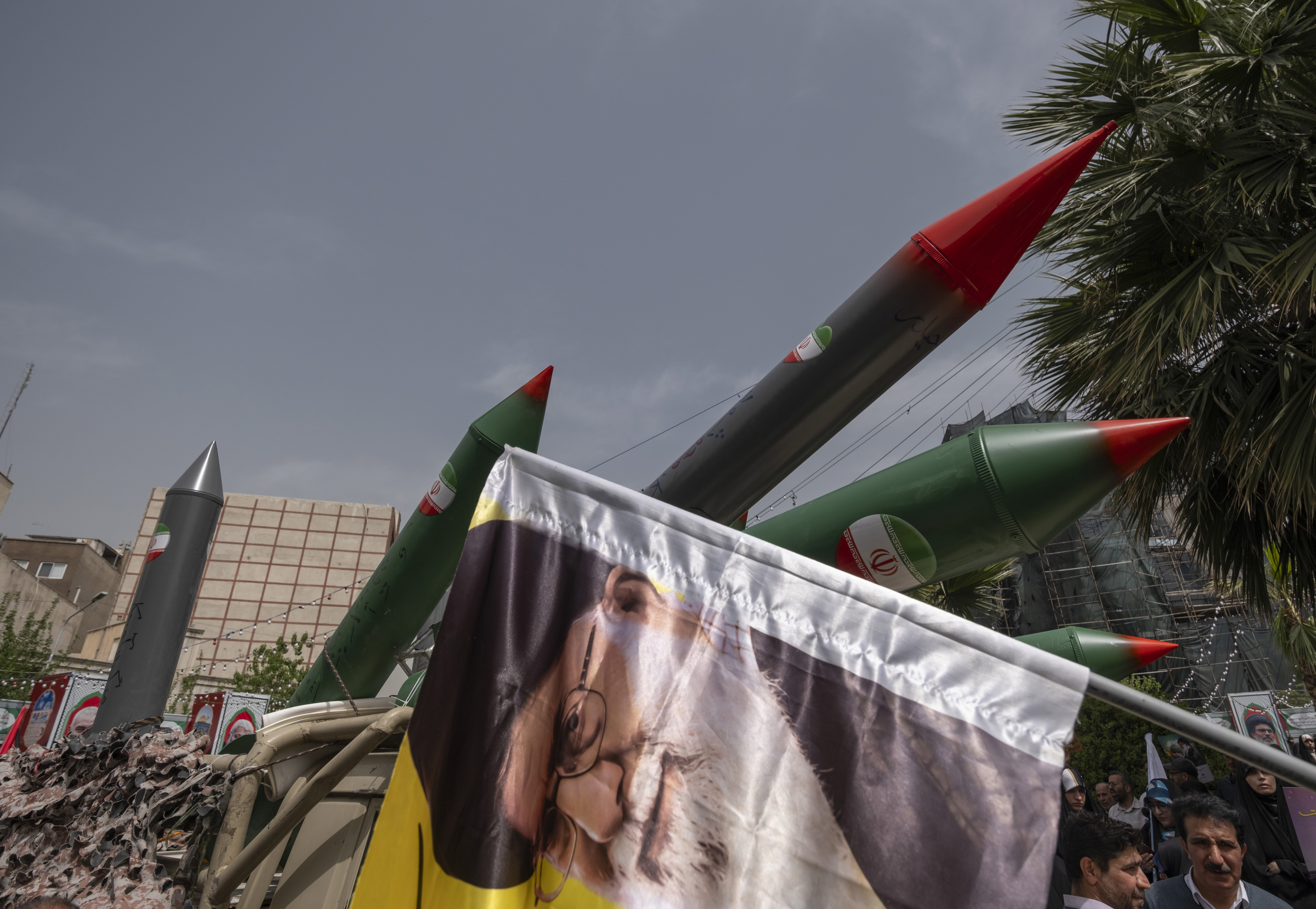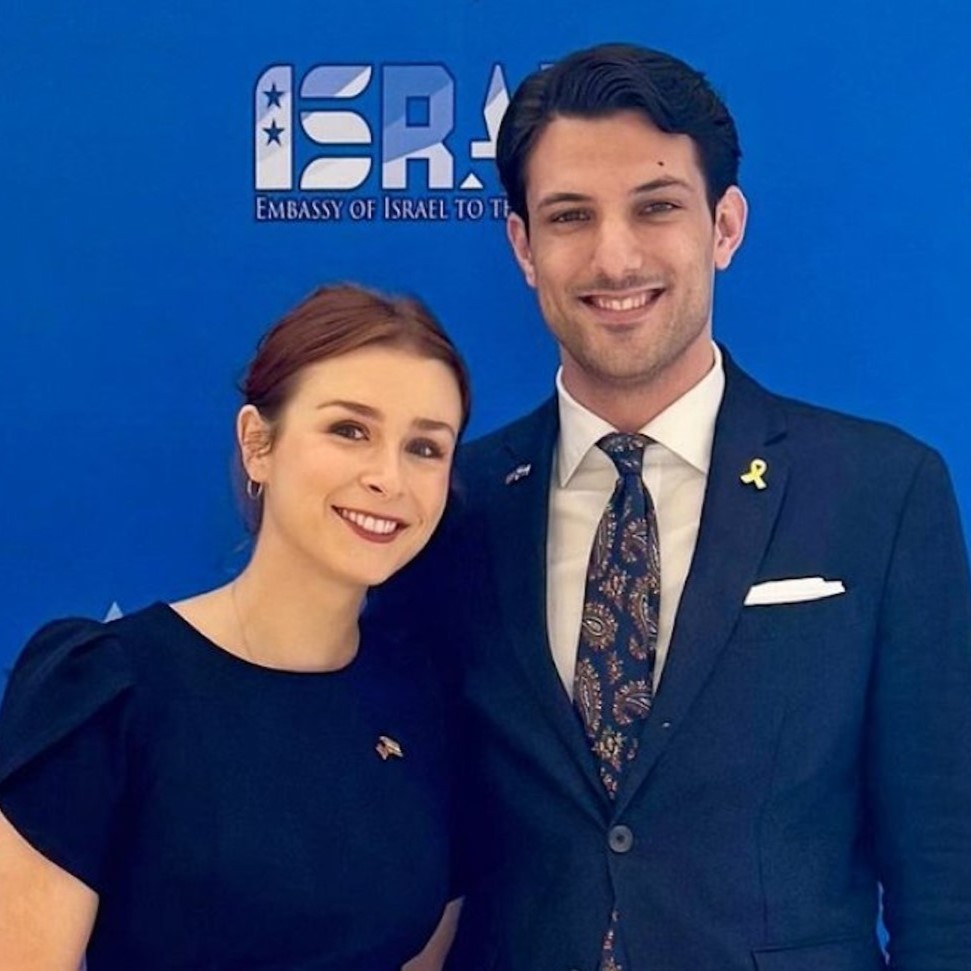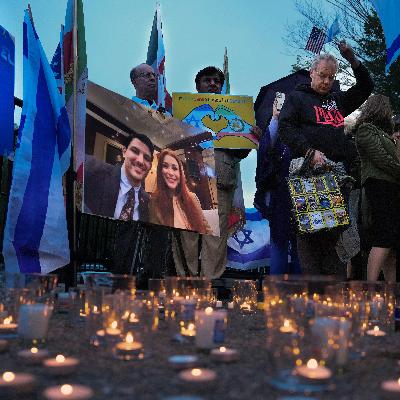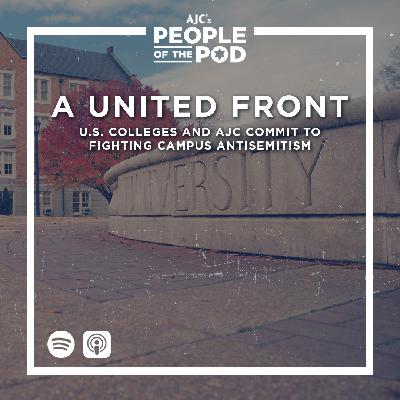Sexual Violence as a Weapon of War: The Dinah Project’s Quest to Hold Hamas Accountable
Description
“In so many cases, as is the case of October 7, there are no direct victims who are able to speak – for the very grim reason that Hamas made sure to kill almost each and every one of them. The very few that did survive are too traumatized to speak . . . “
Shortly after the October 7 Hamas terror attacks on Israel, witness accounts emerged of women brutally raped and mutilated before they were murdered and silenced forever. For Ruth Halperin-Kaddari, Professor of Law at Bar-Ilan University, that silence was deafening. And the silence of the international community unwilling to hold Hamas accountable, disturbing.
”Does that mean that [Hamas] can walk away without being prosecuted, without being charged, and without being pointed to as those who perpetrate sexual violence and use it as a weapon of war?” she asks. In this episode, Halperin-Kaddari explains how she and her colleagues have erased any doubt to make sure Hamas is held accountable.
Their initiative The Dinah Project, named for one of Jacob’s daughters, a victim of rape, just published A Quest for Justice, the most comprehensive assessment to date of the widespread and systematic sexual violence that occurred during and after the October 7, 2023 attack on Israel by Hamas terrorists and their allies.
The report demonstrates that sexual violence was widespread and systematic during the October 7 attack, that there are clear patterns in the methods of sexual violence across geographic locations, and that sexual violence continued against hostages in captivity. It concludes that Hamas used sexual violence as a tactical weapon of war during and after the October 7 attack.
Resources:
-
Read: The Dinah Project’s groundbreaking new report, A Quest for Justice
-
Read: Hamas' Most Horrific Weapon of War: 5 Takeaways from UN Report on Sexual Violence Against Israelis
Listen – AJC Podcasts:
Follow People of the Pod on your favorite podcast app, and learn more at AJC.org/PeopleofthePod
You can reach us at: peopleofthepod@ajc.org
If you’ve appreciated this episode, please be sure to tell your friends, and rate and review us on Apple Podcasts or Spotify.
Transcript of the Interview:
Manya Brachear Pashman:
Shortly after the October 7 Hamas terror attacks on Israel, witness accounts emerged of women brutally raped and mutilated before they were murdered and silenced forever. For Ruth Halperin-Kaddari, Professor of Law at Bar Ilan University, that silence was deafening. And the silence of the international community unwilling to hold Hamas accountable, disturbing.
In response, Ruth and colleagues, former military prosecutor Sharon Zagagi-Pinhas and retired judge Nava Ben-Or founded The Dinah Project, an effort to seek justice for the victims of sexual violence during conflicts, particularly in Israel, on October 7, 2023.
This week, together with visual editor Nurit Jacobs-Yinon and linguistics editor Eetta Prince-Gibson, they released A Quest for Justice, the most comprehensive report yet on the sexual violence committed on October 7 and against hostages afterward. Ruth is with us now. Ruth, welcome to People of the Pod.
Ruth Halperin-Kaddari:
Thank you very much for having me on your podcast.
Manya Brachear Pashman:
Well, it's really an honor to have you. I should note for our listeners that you are also the founding Academic Director of the Rackman Center for the Advancement of the Status of Women, and you've served on the UN Committee on the Elimination of Discrimination Against Women. So you're no newcomer to this subject matter.
You know, we've talked a lot about how Hamas sexually assaulted women and men during the October 7 terror attacks on Israel. Without getting too graphic, or at least getting graphic enough to make your point clear and not sanitize these crimes, what new information and evidence does this report offer?
Ruth Halperin-Kaddari:
The specific new finding in the report is to actually take all the already published and existing information and put it together and come down with the numbers that prove that sexual violence on October 7 was not sporadic. Was not isolated. It was systematic. It happened in at least six different locations, at the same time, with the same manner, the same patterns.
And the, I think, most significant finding is that there are at least 17 survivors who witnessed the sexual violence, and they reported on at least 15 different cases. So there were 17 people who either saw or heard, in real time, the rapes and the gang rapes, some of them involving mutilation, some ending, and the witnesses saw, the execution at the end of the assaults.
And this is the first time that anybody came with the actual aggregation and the classification and the naming of all the various sexual assaults and all the various cases that occurred on October 7, and then also later on in captivity. What we did is to, as I said, take all the testimonies and the evidence and the reports that people had already given, and they published it, either on social media or regular media, in addition to some information that was available to us from from other sources, and grouped it into specific categories according to their evidentiary value.
So the first group is, of course, those who were victims or survivors of sexual violence themselves, mostly returned hostages, but also one survivor of an attempted rape victim, attempted rape, on October 7, who had actually not spoken before. So that's the first time that her testimony is being recorded or reported.
But then the returned hostages, who also report on repeated and similar patterns of sexual abuse and sexual assaults that they had been subjected to in captivity.
Manya Brachear Pashman:
So the United Nations has acknowledged that women were raped, mutilated, murdered, executed, as you said, but did it attribute responsibility to Hamas?
Ruth Halperin-Kaddari:
We have to differentiate between the first report of the Assistant Secretary General, Special Representative on sexual violence in conflict, Ms. Pramila Patten, who refrained from specifically attributing these atrocities to Hamas, saying that there needs to be more or follow up examination or investigation into the question of attribution.
But then in June of 2024, the Commission of Inquiry on Palestinian Authority, Gaza, Israel, and East Jerusalem, did attribute in their report, they did attribute the sexual violence to Hamas in at least two different places in their report. So in our view, this is already a settled issue. And the information that we gathered comes on top of these two reports.
We have to bear in mind the issue of time that passes, first of all, with respect to those survivors, mostly of the Nova music festival, who themselves were victims of the terror attack. And as can be expected, took time before they could recount and speak in public about what they had seen, what they had witnessed, suffering also from trauma, being exposed to such unbelievable acts of human cruelty.
And then the other group of the returned hostages, who, some of them, were freed only after 400 or 500 days. So obviously we could not hear their reports before they were finally freed. So all these pieces of information could not have been available to these two investigative exercises by the United Nations.
Manya Brachear Pashman:
And when the UN Secretary General's annual report on the conflict related sexual violence, when it comes out in August, right, it's expected out next month, there is going to be more information. So do you have high hopes that they will hold Hamas accountable for using sexual violence as a tactical weapon of war, and that this will be included in that report?
Ruth Halperin-Kaddari:
So this is, in fact, our first recommendation request, ask, i

